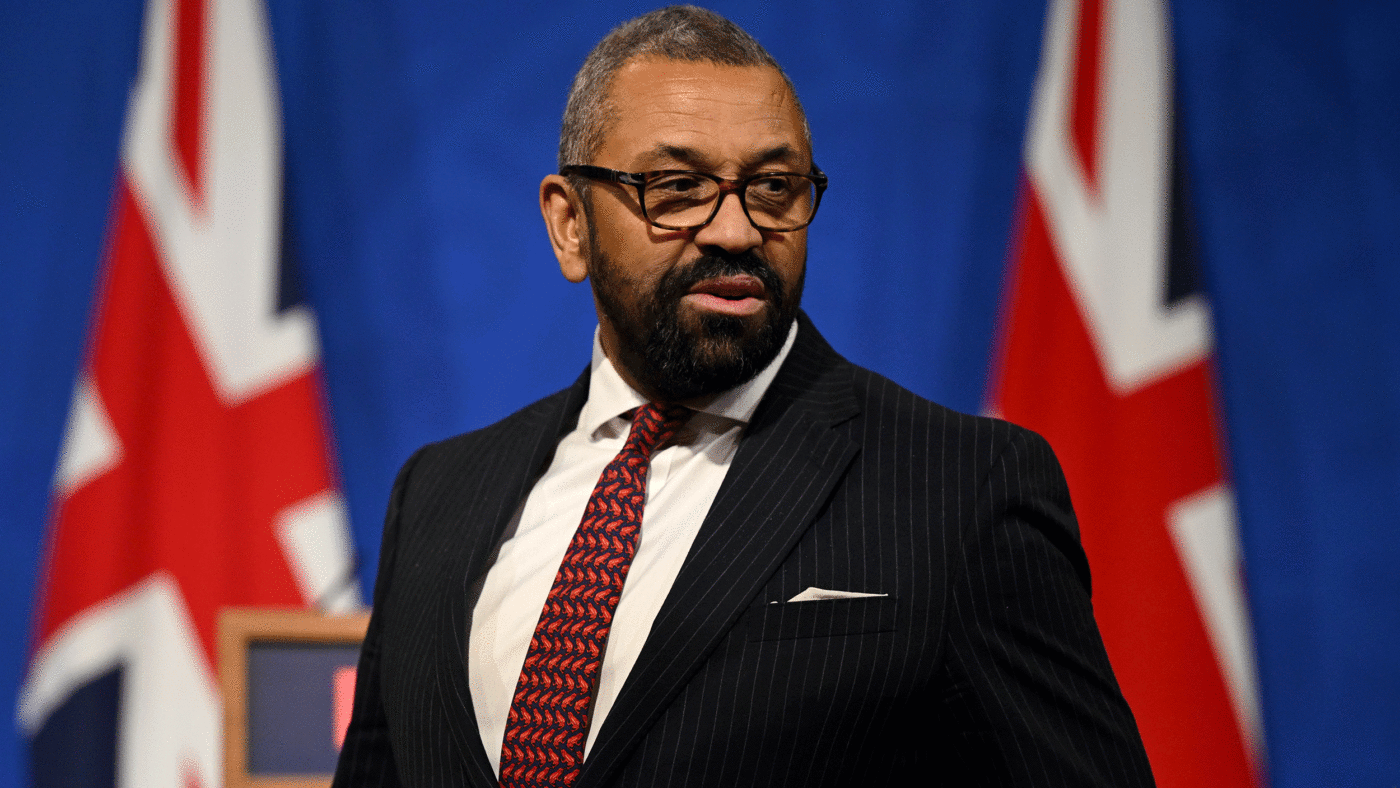Is Britain a sh*thole? Or does it just have sh*t MPs? It’s a question James Cleverly wrestled with after being accused of referring to Stockton North in less than parliamentary terms. The Home Secretary clarified that his disparaging remarks had in fact been directed at the local MP, perhaps reasoning that insulting a Labour colleague was less politically damaging than insulting a constituency with 65,000 voters.
But the two things are, of course, inseparable – the condition of a country is fundamentally dependent on the quality of its leaders. Which is why it’s so depressing to see those leaders so frequently washing their hands of responsibility.
On inflation, for example, Rishi Sunak has enthusiastically taken the credit for halving rates. That’s understandable, given that he gets all the blame for their negative effects. But controlling inflation is the Bank of England’s job. And instead of preventing the recent crisis, Threadneedle Street actively contributed to it by printing billions during the pandemic for the government to spend with abandon, and delaying rate rises far past the point at which it was obvious they would be necessary. Yet it suits both ministers and central bankers to say they are responding to outside forces, rather than the consequences of actions they took hand-in-hand.
The same dynamic has played out with this week’s migration figures. The government has appeared bamboozled by the revelation that the population equivalent of a city the size of Birmingham arrived in Britain in just two years, saying this was ‘too high’ and ‘unacceptable’. But this is not the result of free movement from the EU or illegal Channel crossings. A record number of people have come here under a visa scheme the government deliberately designed. The influx was entirely foreseeable and indeed predicted by my colleagues at the Centre for Policy Studies. So it is deeply unfair to people who have come here entirely legitimately, and to those who voted Conservative on a promise that overall numbers would come down, to pretend otherwise.
It’s not surprising, though. Devolution of liability is a feature, not a bug, of the British political system. Even the biggest moves a government can make, like those announced at this week’s Autumn Statement, are determined by supposedly independent forecasts. These projections occupy a hallowed place in the imaginations of Chancellors looking for headroom to make tax cuts. But as Karl Williams has written on these pages, economic models are not necessarily as empirical as they might seem – and the huge variety in recent pronouncements on Britain’s prospects is cause for a degree of scepticism about their reliability.
That said, the extra £20bn Jeremy Hunt has used to reduce National Insurance and make full expensing permanent wasn’t magicked up by the OBR. It’s mostly the result of revenues from his own policy of freezing thresholds. In other words, it’s an illusion disguising the fact he’s giving with one hand and taking with the other.
All of this contributes to a deficit of accountability which is standing in the way of bold reform and undermining faith in democracy. Politicians should remember that to govern is to choose. And admit that if Britain is a sh*thole, it’s partly because they made it that way.
Click here to subscribe to our daily briefing – the best pieces from CapX and across the web.
CapX depends on the generosity of its readers. If you value what we do, please consider making a donation.


